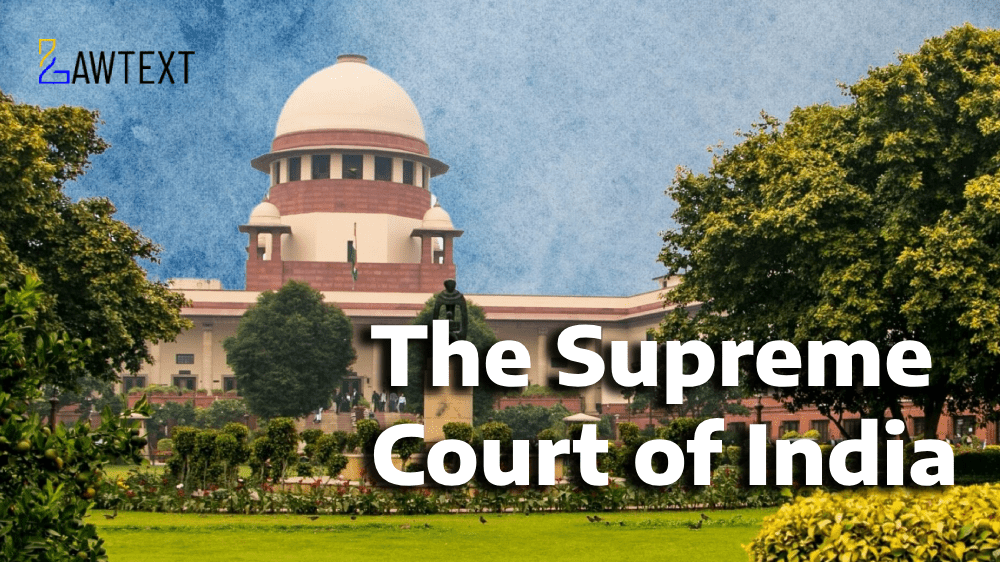Case Note & Summary
<p>The Supreme Court allowed the appeal filed by the husband against his conviction by the High Court under Section 302 of IPC -- The Trial Court had acquitted all three accused including the husband and in-laws finding the death to be suicide -- The High Court reversed the acquittal of the husband and convicted him under Section 302 of IPC -- The Supreme Court held that the High Court erred in reversing the acquittal without demonstrating any manifest illegality or perversity in the Trial Court's conclusions -- The Court found that the High Court placed undue reliance on Section 106 of Indian Evidence Act, 1872 and that mere suspicion cannot lead to conviction -- The medical evidence did not clearly establish the cause of death and the prosecution failed to establish a chain of circumstances -- The accused had offered explanation about his absence which was mentioned in the first intimation and was not disproved -- The Court restored the acquittal by the Trial Court</p>
Headnote
Criminal Law-- Indian Penal Code, 1860-Sections 302, 498A and 306-- Code of criminal Procedure, 1973- Section 378-- Cruelty and harassment-- Murder-- Acquittal of In-laws and husband of deceased by session court-- Judgment of acquittal was challenged by state in an appeal before high court--High court was pleased to confirm the acquittal of in-laws of deceased However reversed the acquittal of appellant/husband and convicted him u/s 302 of IPC-- Aggrieved-- Challenged by appellant husband before supreme court-- Case of circumstantial evidence-- Limited scope of interference in an appeal against acquittal-- Presumption of innocense in favour of accused in an appeal against acquittal-- Appellant himself lodged the complaint after seen his wife lying supine on her cot-- Presence of appellant at the time of incident not establised as per depostions of witnesses-- As per medical evidence ligture mark was only found on front part of neck-- No clarity as to whether the death was homicial-- No allegation of any physical violence on the deceased-- No evidence as to presence of appellant/husband on ill-fated night-- Plausible explanation by appellant that he was on duty at the time of incident-- No suspicion of homicidal death raised by relatives of deceased-- Conviction set aside- Appeal Allowed Para-- 6, 7, 8, 10, 11, 12, 13, 14
Premium Content
The Headnote is only available to subscribed members.
Subscribe Now to access key legal points
Issue of Consideration: Whether the High Court was justified in reversing the acquittal of the husband by the Trial Court and convicting him under Section 302 of Indian Penal Code, 1860
Premium Content
The Issue of Consideration is only available to subscribed members.
Subscribe Now to access critical case issues
Final Decision
The Supreme Court allowed the appeal, set aside the conviction of the husband under Section 302 of Indian Penal Code, 1860 by the High Court, and restored the acquittal by the Trial Court







